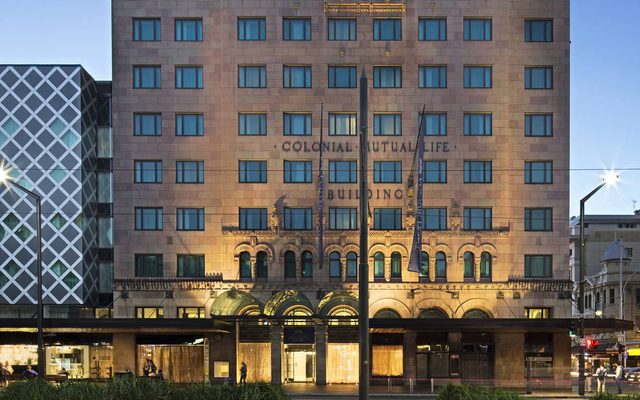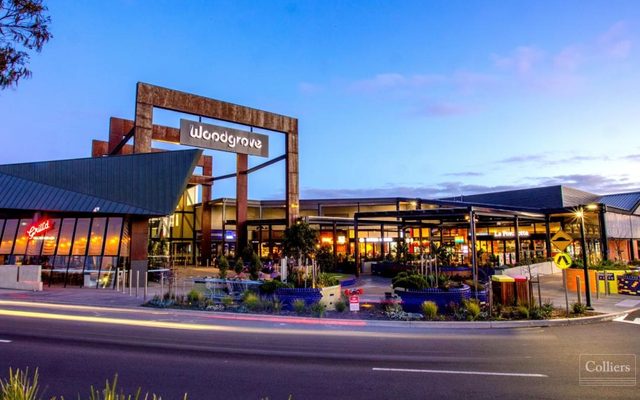This article is from the Australian Property Journal archive
HUNDREDS of millions of dollars of real estate across Australia has been left in limbo after the shock withdrawal of German hypermarket Kaufland from the retail market.
Often described as a meeting of Costco and Aldi concepts, the chain is part of shopping behemoth Schwarz Group and would have introduced a chain of warehouse-sized supermarkets selling a broad array of food, clothes, toys, and hardware across the country.
Reports have suggested it has invested close to $1 billion on its rollout down under. That included more than $450 million on its 117,000 sqm distribution facility in Melbourne’s north, on which construction began in June.
Kaufland had received planning approval from the state government earlier last year for its first three Victoria stores as well as the distribution centre, on a 28-hectare in the Merrifield Business Park.
The centre would have serviced Kaufland’s stores in Epping, Chirnside Park and Dandenong, and plans were made for supermarkets on the east coast in Coolaroo, Oakleigh, Moorabbin Airport, Mornington, Bendigo, Warnambool, Newcastle and Toowoomba.
Construction had started on Kaufland’s first two Adelaide stores. In Prospect, a $23.5 million retail complex would include a 4,052 sqm store with a 1,607 sqm stockroom – smaller than its typical offerings – while a $34 million two-storey supermarket on the Le Cornu site in Forestville was given the green light more than 18 months after the company acquired the landmark site for $25 million.
In recent months, Kaufland shelved plans for a $24 million store in the outer northern suburb of Munna Para.
The Australian Financial Review reported Kaufland had picked more than 56 hectares of land across 23 sites in total, spending $74 million on four former Bunnings warehouses that it would convert into supermarkets, as well as $20.5 million for a retail property in Brisbane’s Morayfield.
About 200 employees have lost their jobs as a result of the withdrawal.
“This decision is about focusing business activities in Europe and is in no way a reflection of the efforts of our local employees or management, or the support Kaufland has received from the Australian business community or governments,” a statement from Kaufland International acting chief executive officer, Frank Schumann said.
“We always felt welcome in Australia. We would like to thank our employees and we apologise for the disruption this decision will cause.”
“In Europe, we see a great deal of growth potential. We will actively shape the consolidation of the European retail sector, thus further reinforcing our leading position.”
The Australian Competition and Consumer Commission last week announced it would investigate allegations that fresh food suppliers intended to withhold to Kaufland, fearing ramifications from the major supermarkets Coles and Woolworths.




